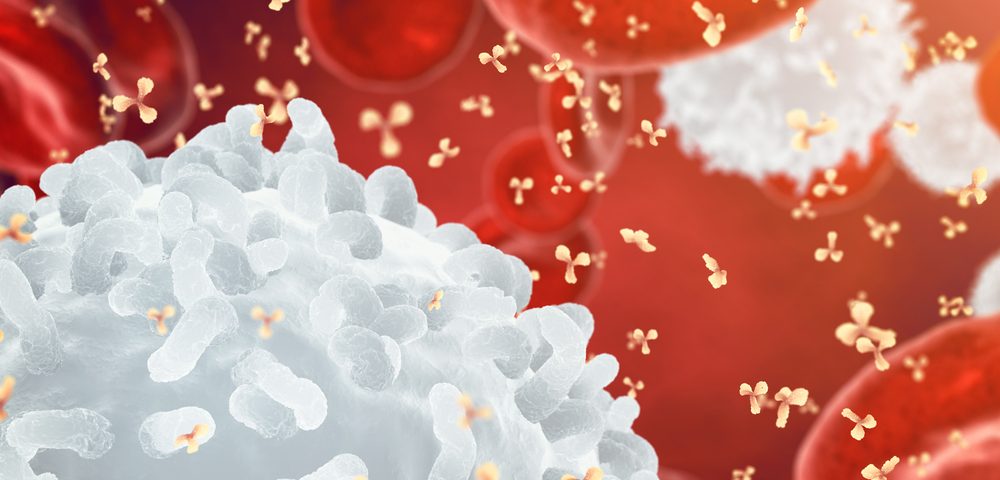Specific types of autoantibodies are more prevalent in children with juvenile arthritis and juvenile myositis than in healthy children, and is linked to more severe disease in myositis patients.
The study, “Anti-NT5C1A autoantibodies are associated with more severe disease in patients with juvenile myositis,” was published in the journal Annals of the Rheumatic Diseases.
Researchers measured anti-NT5C1A autoantibodies — a type of self-reacting antibody that recognizes an enzyme called cytosolic 5′-nucleotidase 1A — in stored serum, or blood, samples from 380 children with juvenile myositis (a diverse group of autoimune diseases), 30 with juvenile arthritis, and 92 healthy kids, used as controls.
The team found that anti-NT5C1A autoantibodies were more prevalent in children with juvenile myositis and juvenile arthritis compared to healthy children.
About one-quarter — 27% — of children with juvenile myositis and 27% of children with juvenile arthritis had anti-NT5C1A, while these antibodies were present in only 12% of healthy children.
The prevalence of anti-NT5C1A autoantibodies in juvenile myositis varied according to the myositis subtype: They were significantly higher in patients with juvenile dermatomyositis (an inflammatory disease of the muscle, skin, and blood vessels), and juvenile myositis-overlap syndromes, especially if associated with juvenile lupus. They were less frequent in myositis associated with juvenile idiopathic arthritis.
Myositis patients who tested positive for anti-NT5C1A had higher pulmonary symptom scores, a higher mean number of hospitalizations, and required a greater number of medication treatments per year — 4.8 treatments in kids with myositis compared to 3.6 in healthy children.
The reasons for the link between anti-NT5C1A autoantibodies and disease severity are unclear, but might be due to a direct effect of anti-NT5C1A on protein degradation in the muscle cells, or to an exacerbated inflammatory response present in juvenile myositis patients.
“In this study, we show that anti-NT5C1A autoantibodies are also myositis-associated autoantibodies in children since they are found not only in patients with juvenile myositis, but also in those with juvenile idiopathic arthritis,” researchers wrote.
The study had limitations, according to the authors. Researchers screened only a small number of patients with one other systemic autoimmune disease (JIA) which did not allow them to study differences in severity between patients with and without anti-NT5C1A in a reliable way.
“Future studies will be needed to determine the full range of pediatric rheumatological conditions in which anti-NT5C1A autoantibodies are found and to determine whether their presence correlates with disease severity or other clinical features,” researchers wrote.

